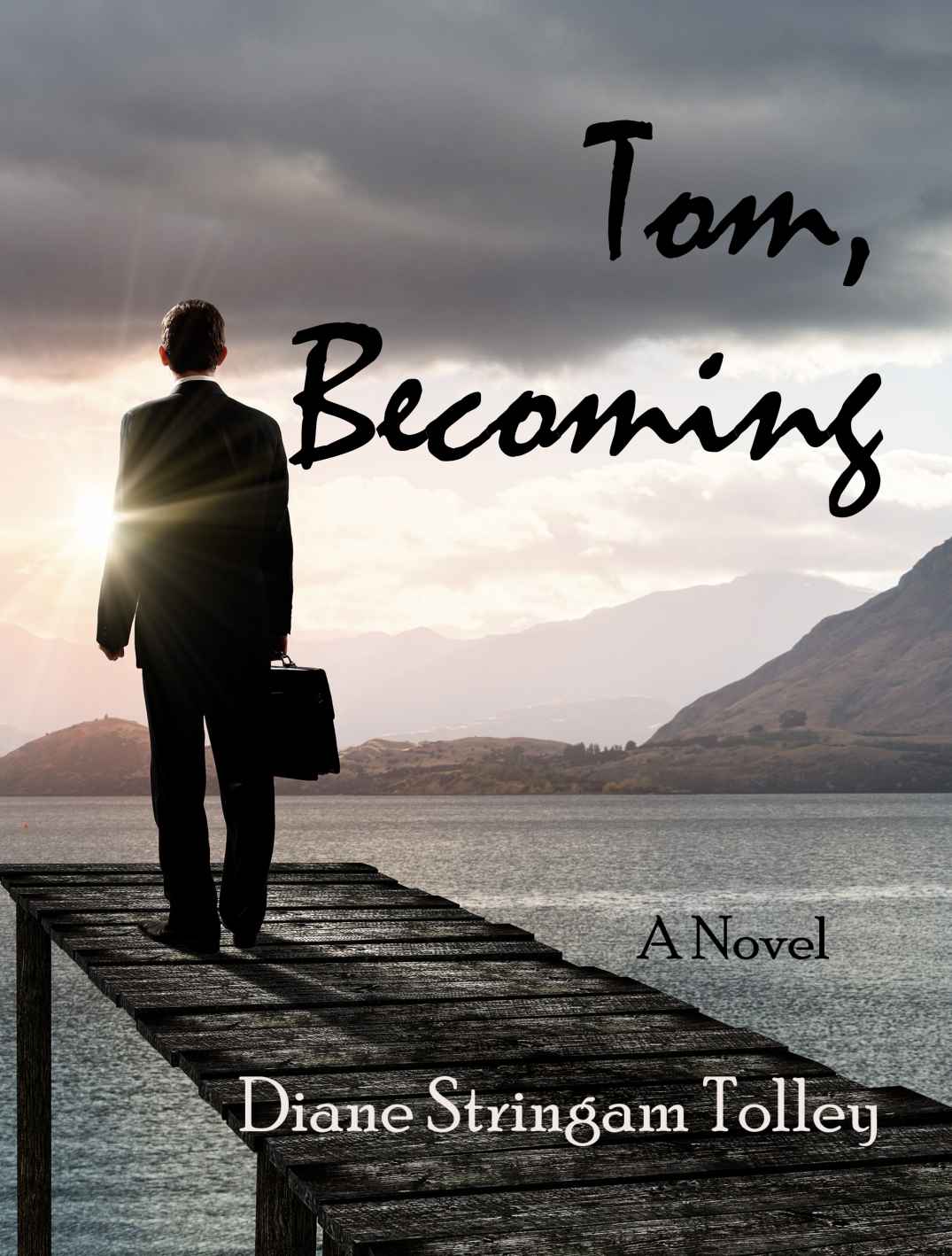Throughout my early years, I spent many, many hours herding
cattle.
Driving them into corrals.
And loading them into big cattleliners for shipping.
It was long, hot, dusty, tiring work.
But at the end of the day, it was done.
Done.
Check written. Hands dusted.
Done.
Now, let me tell you my grandfather’s version of the same
process, sixty years earlier . . .
The cattle, which had been wintering out in the desert, were
gathered to the home place in Teasdale, Utah. From there, they were trekked by
Grampa and his brother-in-law, Gus, to the nearest railroad hub, Green River—a
distance of over 100 miles through mountains and desert that took the better
part of a week to accomplish.
The trip was mostly uneventful, until the herd reached the Green
River.
There, they found the Green River ferry ill-equipped to
handle such a large number of cattle. Their only recourse was to convince the animals
to swim across.
The cattle, natives of the mountains and desert of Utah,
were unused to large bodies of water. Especially water that moved. They could not be convinced
to cross.
For two hours, Grandpa and Gus tried.
Finally, feeling the two men’s discouragement, the boy who ran the ferry suggested that he bring his family’s cows to the opposite side
of the river and see if that would encourage ‘cross-age’ (my word).
It worked! Either because the visiting cows wanted to make
new friends, or because they were simply tired of the wretched cowboys
whistling to them and chasing them about. Whichever.
They crossed.
Then the cattle were driven up the hill to the stockyards
and loaded into train cars.
Now the actual trip could begin . . .
The rules of the day dictated that one man could accompany a
certain number of train cars of cattle. Grampa’s herd had filled enough cars
that two men could have accompanied them. Grampa was going along, but Gus was
not, thus, when another man ran up just as the train was about to leave and
asked if he could ride along, Grampa gave permission and installed him in Uncle
Gus’ place.
The train started out—destination, Chicago.
When it made a routine stop a few hours later, Grampa saw an
old friend he hadn’t seen in years and left the train to visit with the man.
Then got so busy talking that he didn’t notice when the
train pulled out.
Without him.
In dismay, he stared after it.
There went his cattle. And, to make matters even worse, the
papers that accompanied said cattle. Papers that allowed anyone with the
animals to sell them.
Pocket the money.
And disappear.
Bearer bonds for livestock.
Grampa’s only hope of catching them was the next train. A
passenger one.
That left in six hours.
After a nerve-wracking wait, he boarded the train and
started out.
There are all kinds of people in the world.
Honest.
And less-than-honest.
Fortunately, Grampa had chanced upon one of the former.
When he finally caught up to the livestock train, he
discovered his cattle had been well-cared for by the stranger. Fed and watered.
And awaiting their true owner.
The trip to Chicago and sale of the herd was completed and Grampa
was able to head home.
A little tired-er. A little richer. And a little wiser.
But what a trip!
Not sure, yet which I prefer.
His day.
 |
| From here. Teasdale, Utah. |












































